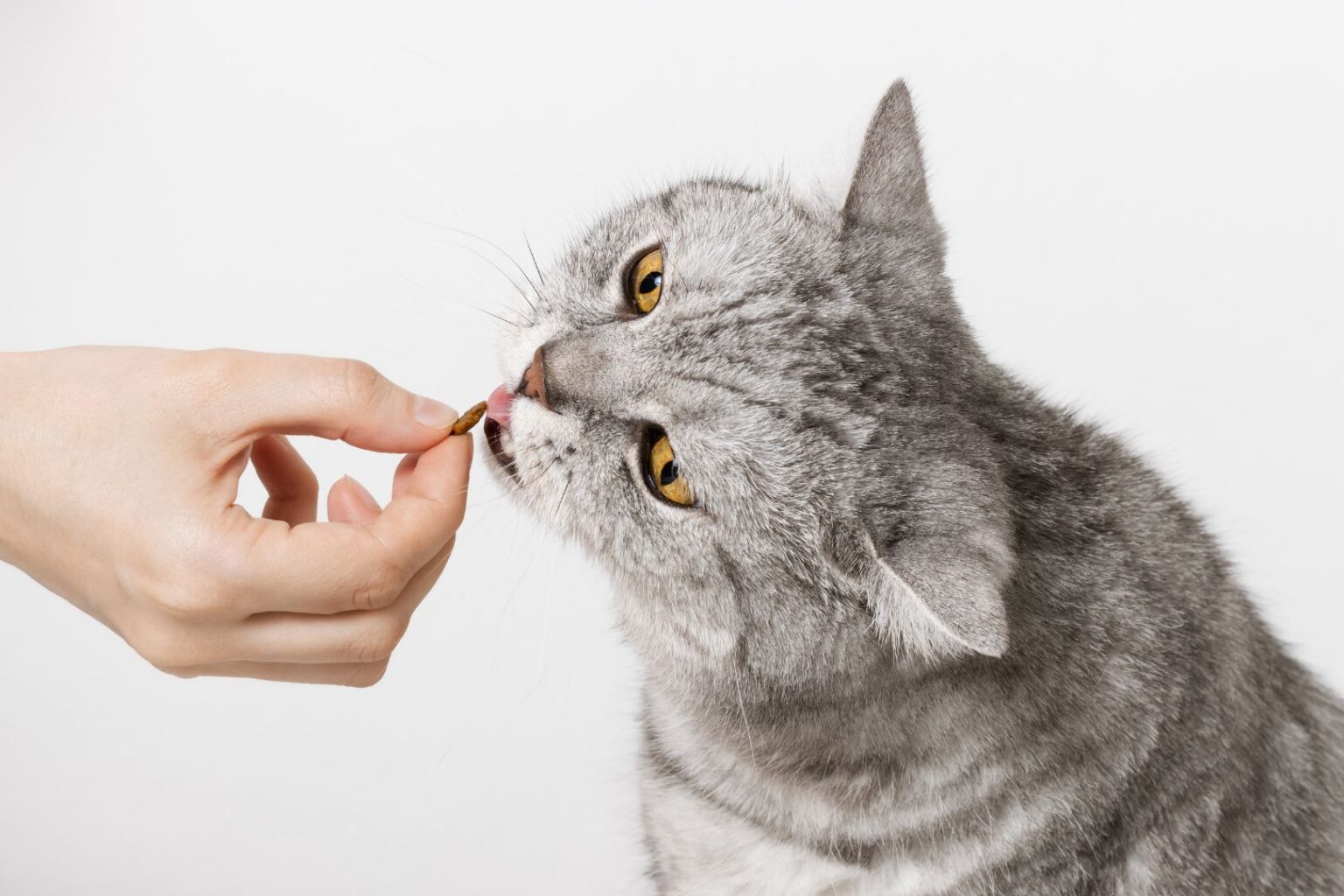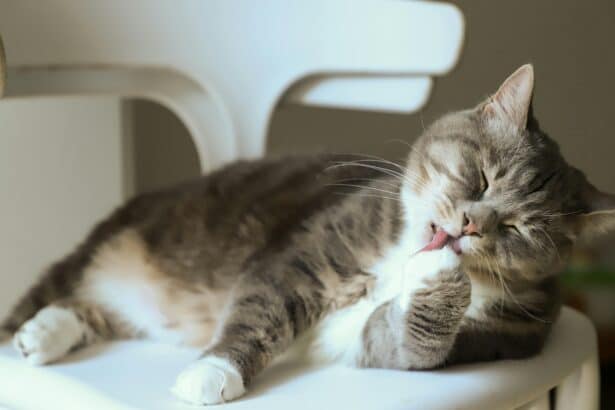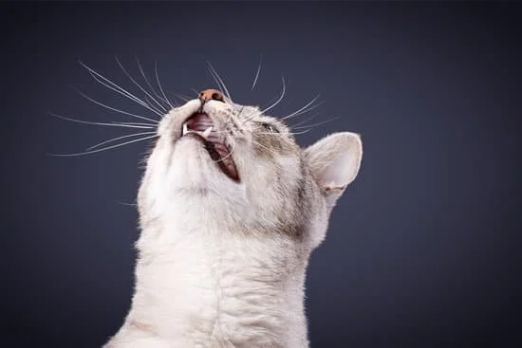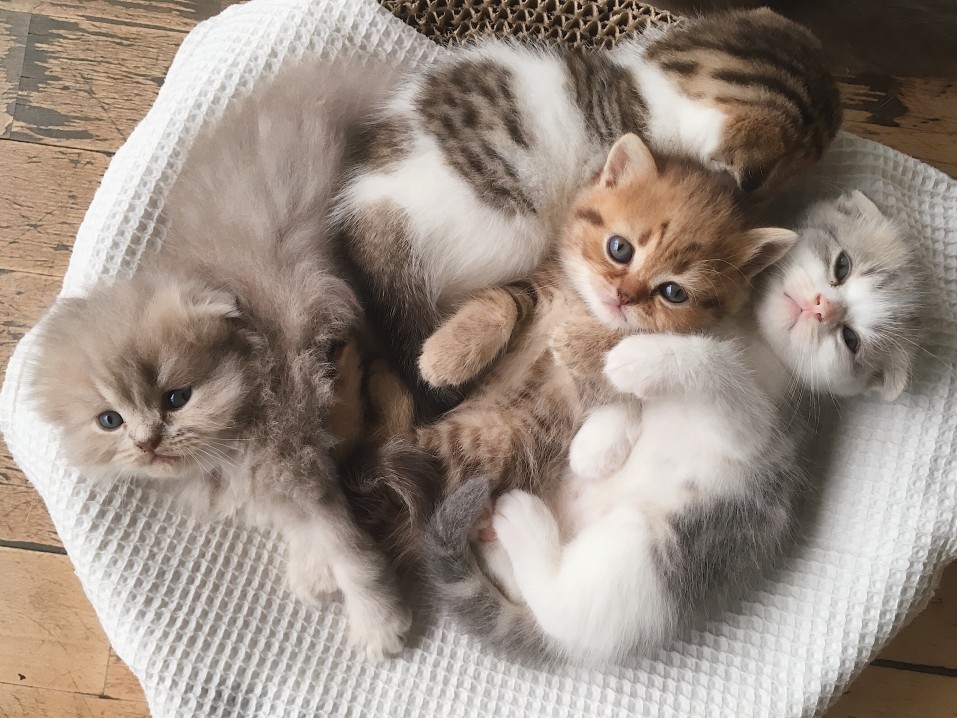Welcome to our animal friends and cats in particular. When it comes to our furry friends, their well-being is of the utmost importance, and one question often worries those who share their lives with a feline: What happens if my cat stops eating? In this article, we’ll take a closer look at this issue, examining the health problems that can result from our feline friends stopping eating, as well as the actions you can consider to help solve this problem.
Feline Physiology Exposed
The Cat’s Special Nutritional Needs
A cat is, by nature, a strict carnivore. This means that his diet must be rich in protein to enable him to lead a healthy life. Indeed, unlike other pets such as dogs, their bodies have developed a particular metabolic dependence on animal proteins. Even a slight reduction in their protein intake can have harmful consequences for their health. To find out more about the right diet for cats, read our article on “How to feed your cat”.
Why fasting isn’t natural for cats
Humans, and many other animals, can survive without food for relatively long periods. The human species has evolved to resist the depletion of food. However, cats are not equipped with this mechanism. In fact, their metabolism needs a constant flow of nutrients from proteins, which can only be obtained from food. This makes the situation very serious and potentially dangerous if a cat stops eating.
The Potential Dangers of a Cat Who Stops Eating
The Immediate Consequences of Hunger in Cats
A cat that stops eating will start to feel weak in just a few hours. The first thing you’ll probably notice is a change in his behavior. She may be lethargic, less playful and less alert than before. This is usually accompanied by rapid, visible weight loss. Without the necessary energy supply, his body will start to draw on fat reserves to obtain the energy it needs, resulting in weight loss.
What is Feline Hepatic Lipidosis?
Feline hepatic lipidosis, also known as fatty liver disease, is a common condition in cats who stop eating. It occurs when the body, in the absence of food intake, begins to break down the cat’s fat reserves for use as energy. However, cats’ livers are not adapted to this situation and can be quickly overwhelmed by excess fat, leading to liver infection. In severe cases, hepatic lipidosis can be fatal if not treated promptly.
How to encourage your cat to eat again
Spotting the signs of a cat that won’t eat anymore
It’s vital to intervene quickly if your feline stops eating. The first signs can be subtle: low activity, weight loss, reluctance to eat, or deterioration in physical appearance. It’s crucial that you contact your vet immediately if you observe these symptoms in your cat. The sooner the disease is diagnosed, the better your cat’s chances of recovery.
Tips to Encourage Your Cat to Eat Again
Do everything in your power to get your cat to eat again. This can include modifying his diet, adding vitamin supplements recommended by a veterinarian, increasing social interaction and toys, or simply creating a more pleasant and tranquil environment during his meals. It may also be useful to talk to your vet about the option of an appetite stimulating food.
Take Care of Your Cat’s Diet for Health and Longevity
A balanced, nutritious diet is the cornerstone of your cat’s health and happiness. By carefully observing his diet, you can make the best contribution to his well-being. If in doubt, consult your veterinarian or a feline nutrition expert. By looking after our furry friends, we can offer them a life full of love and kindness. Many thanks to the Pawtounes team for all their valuable advice and information on cat health.







